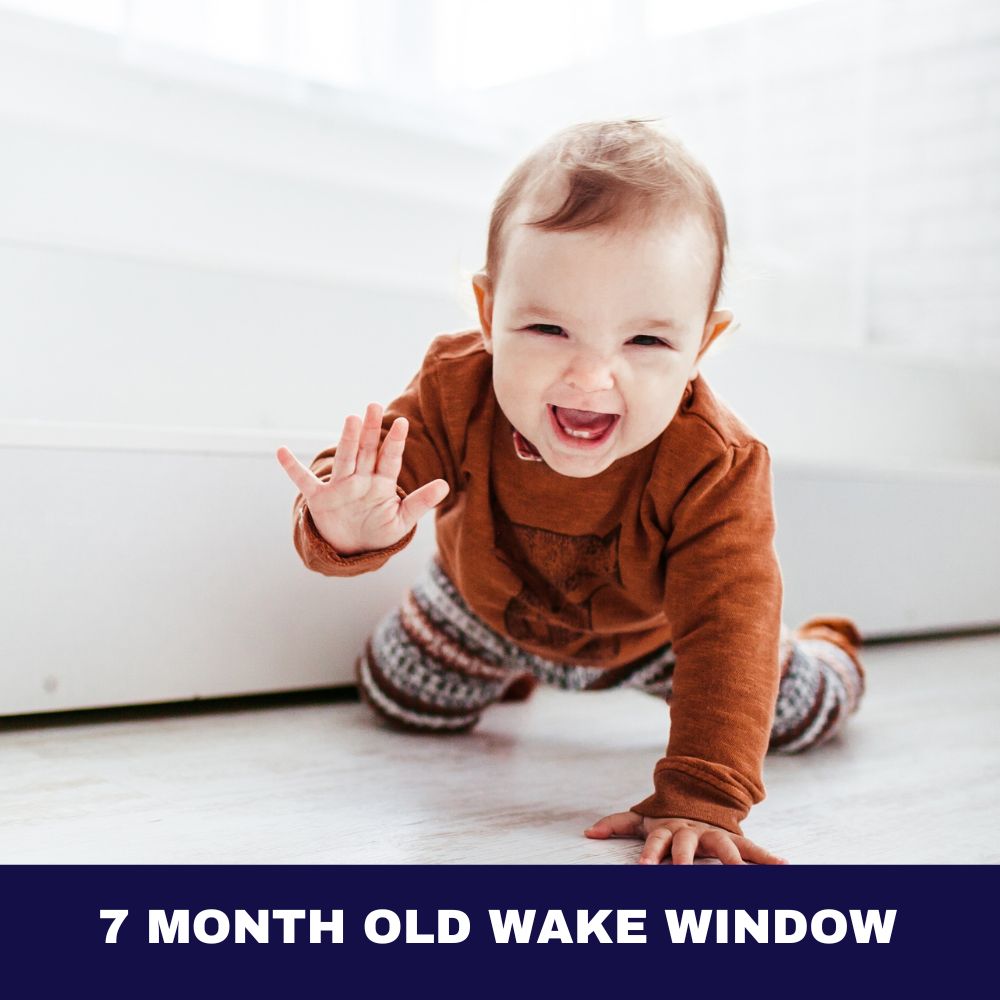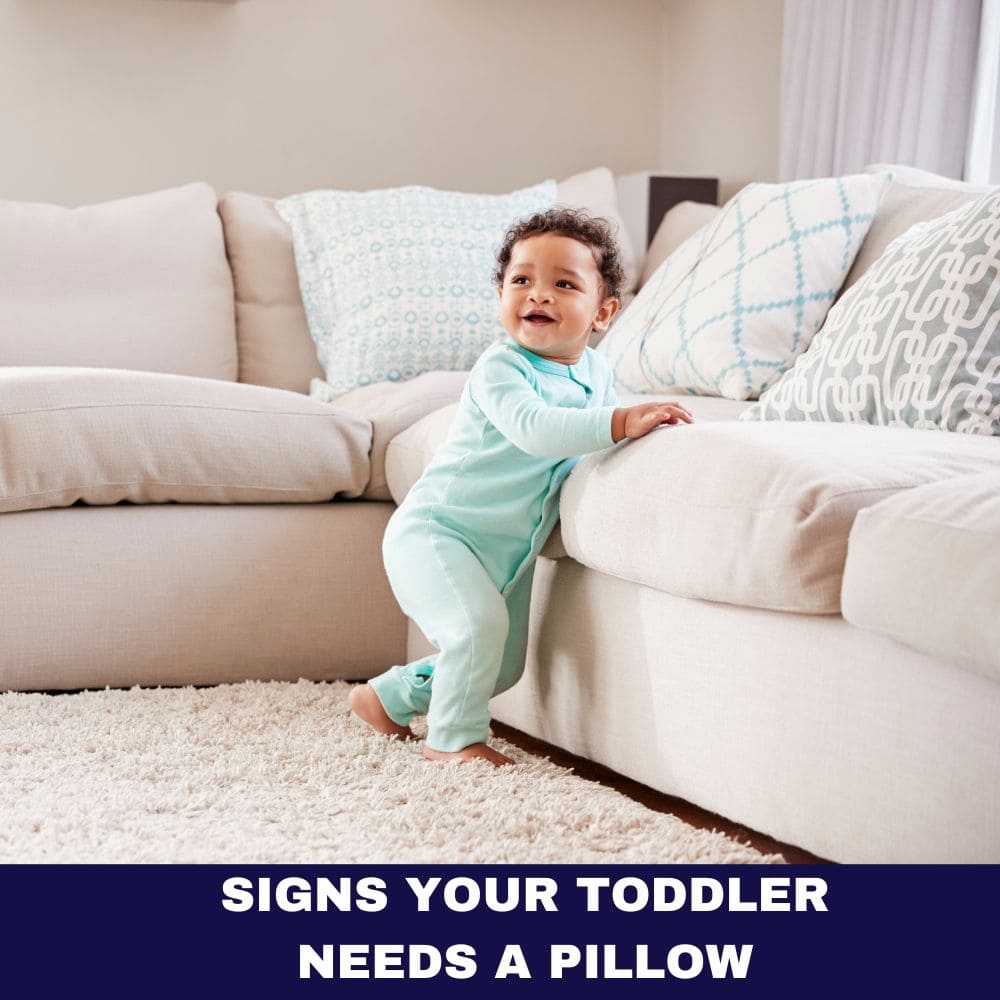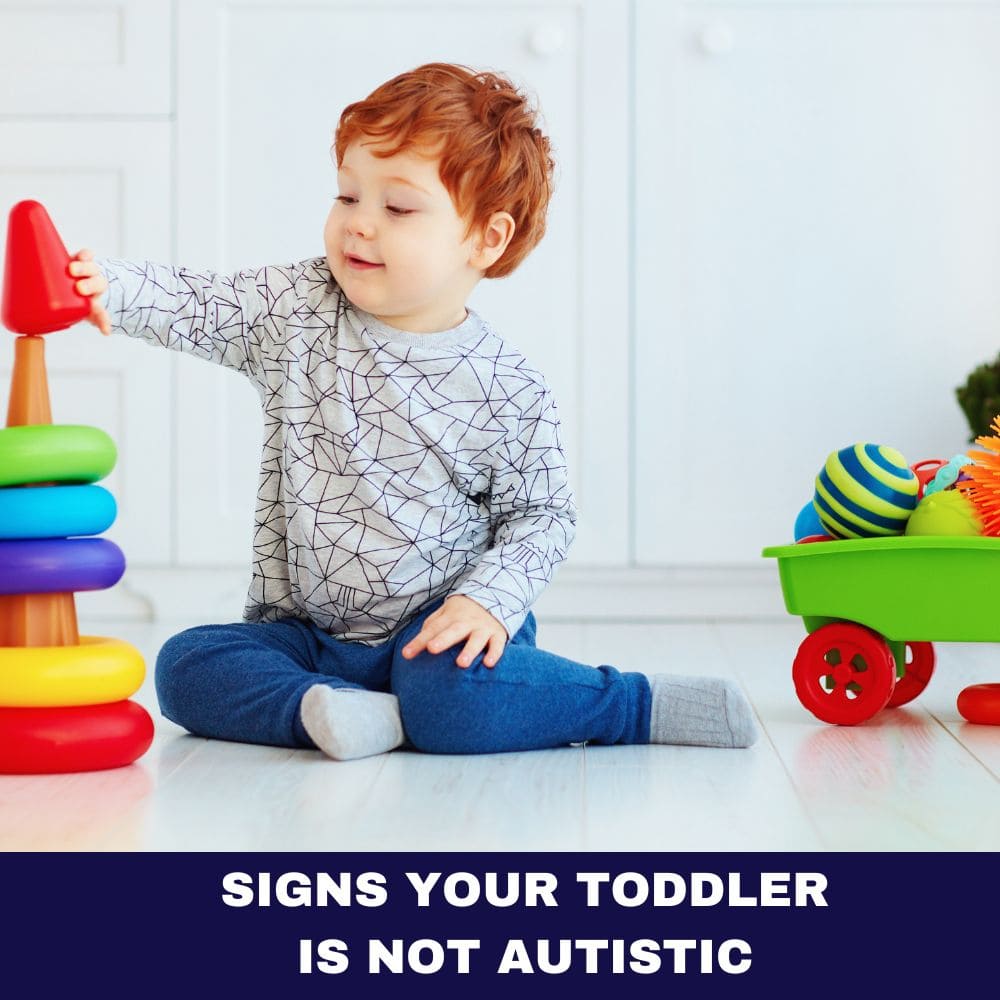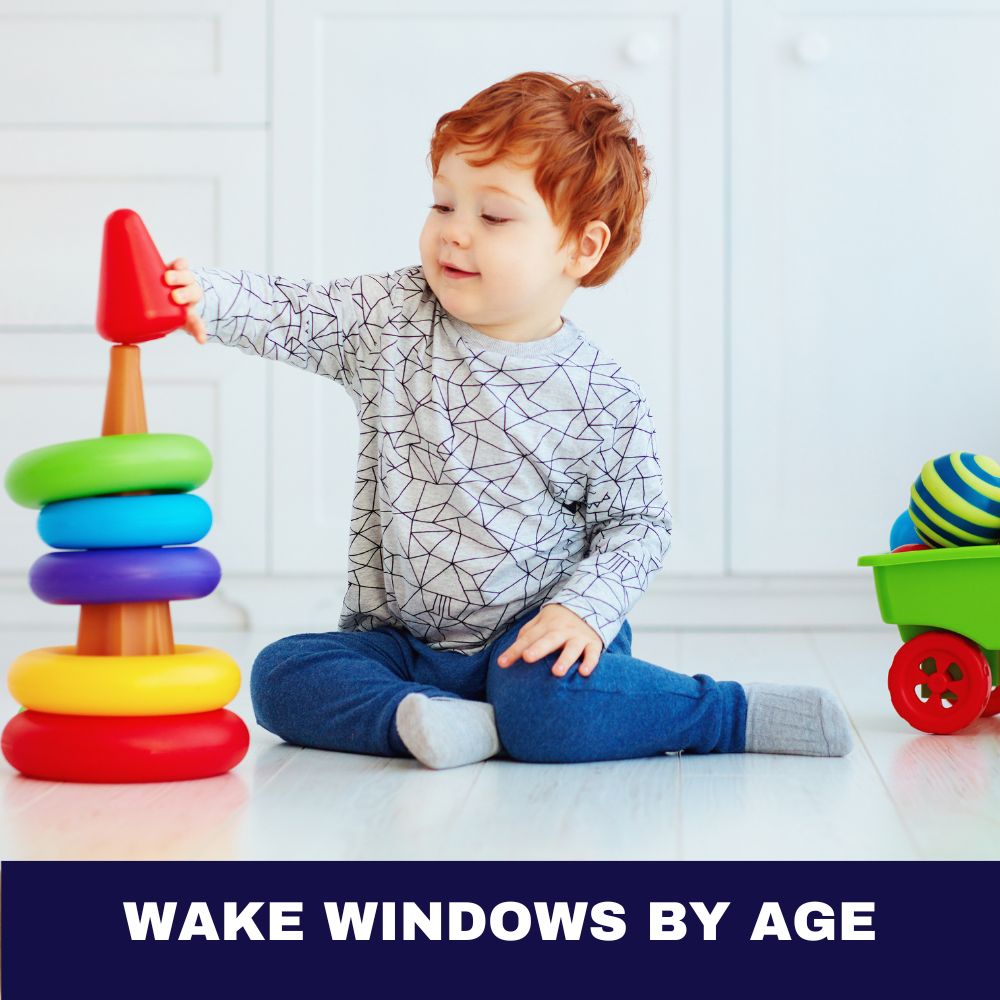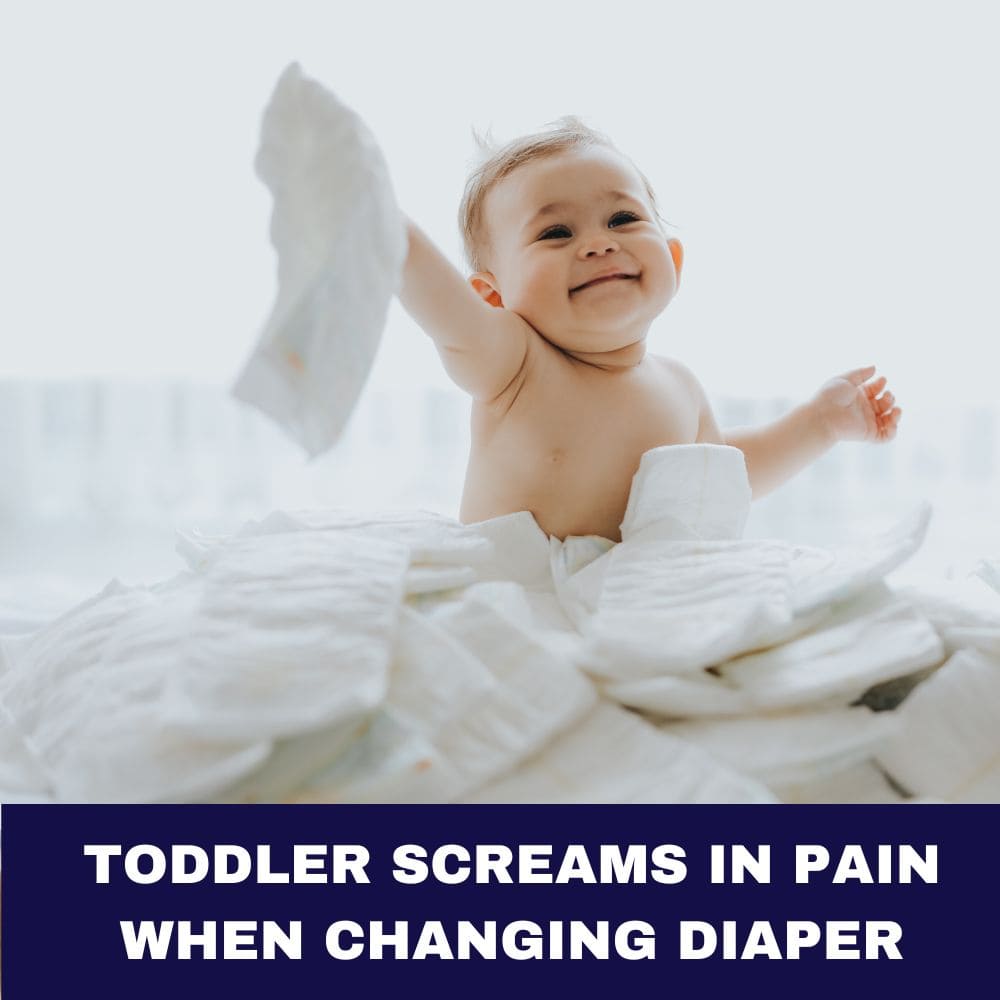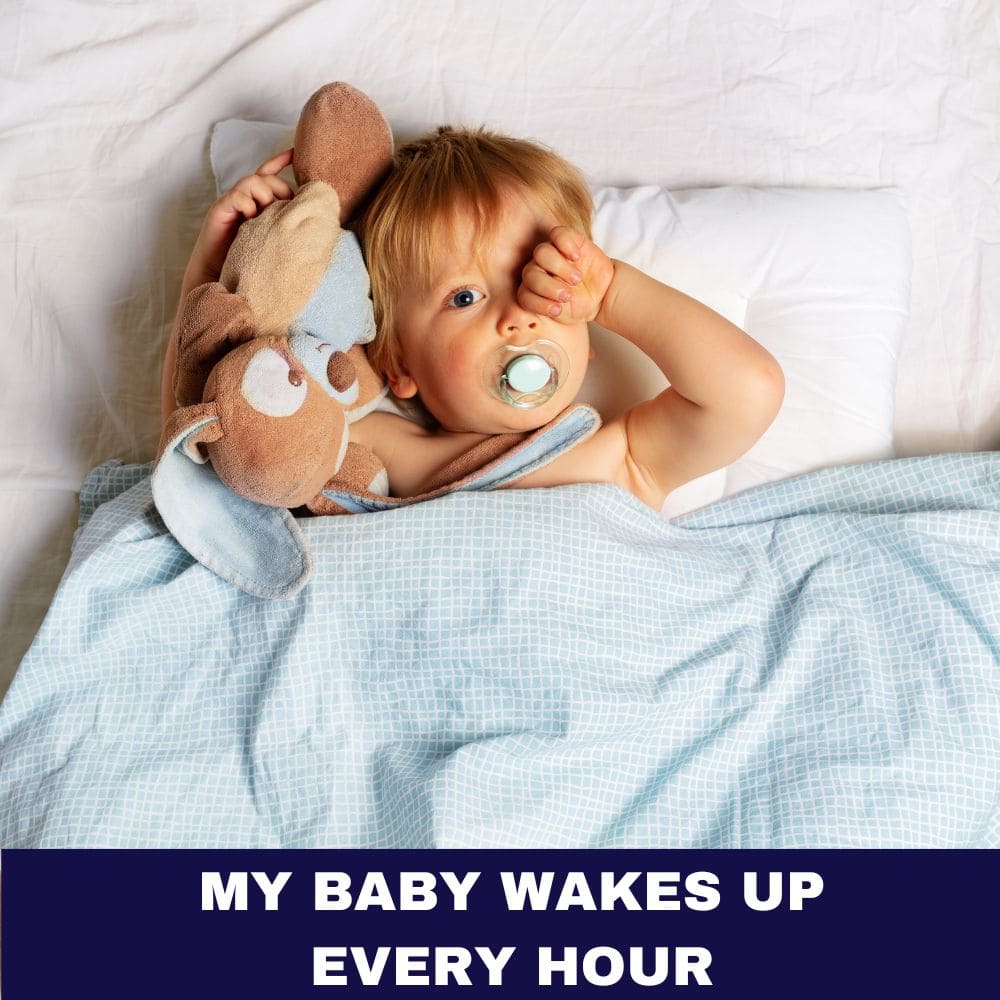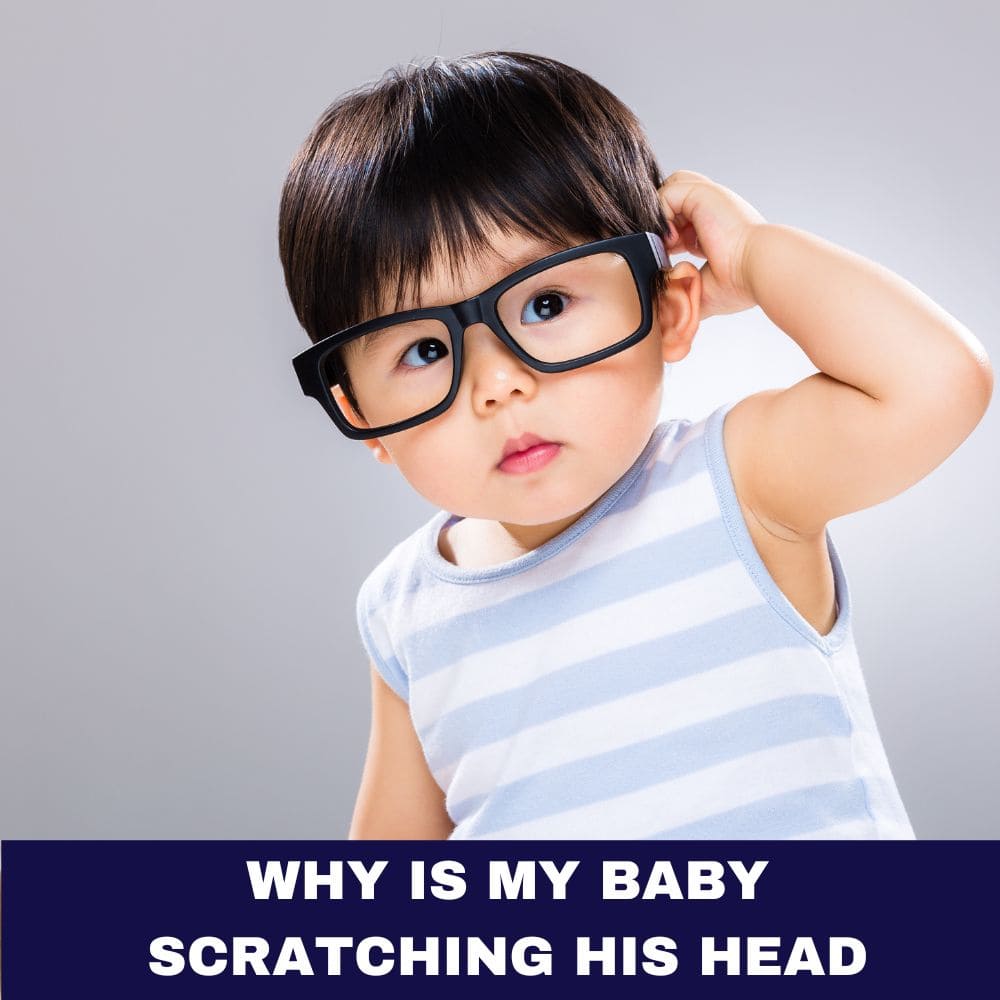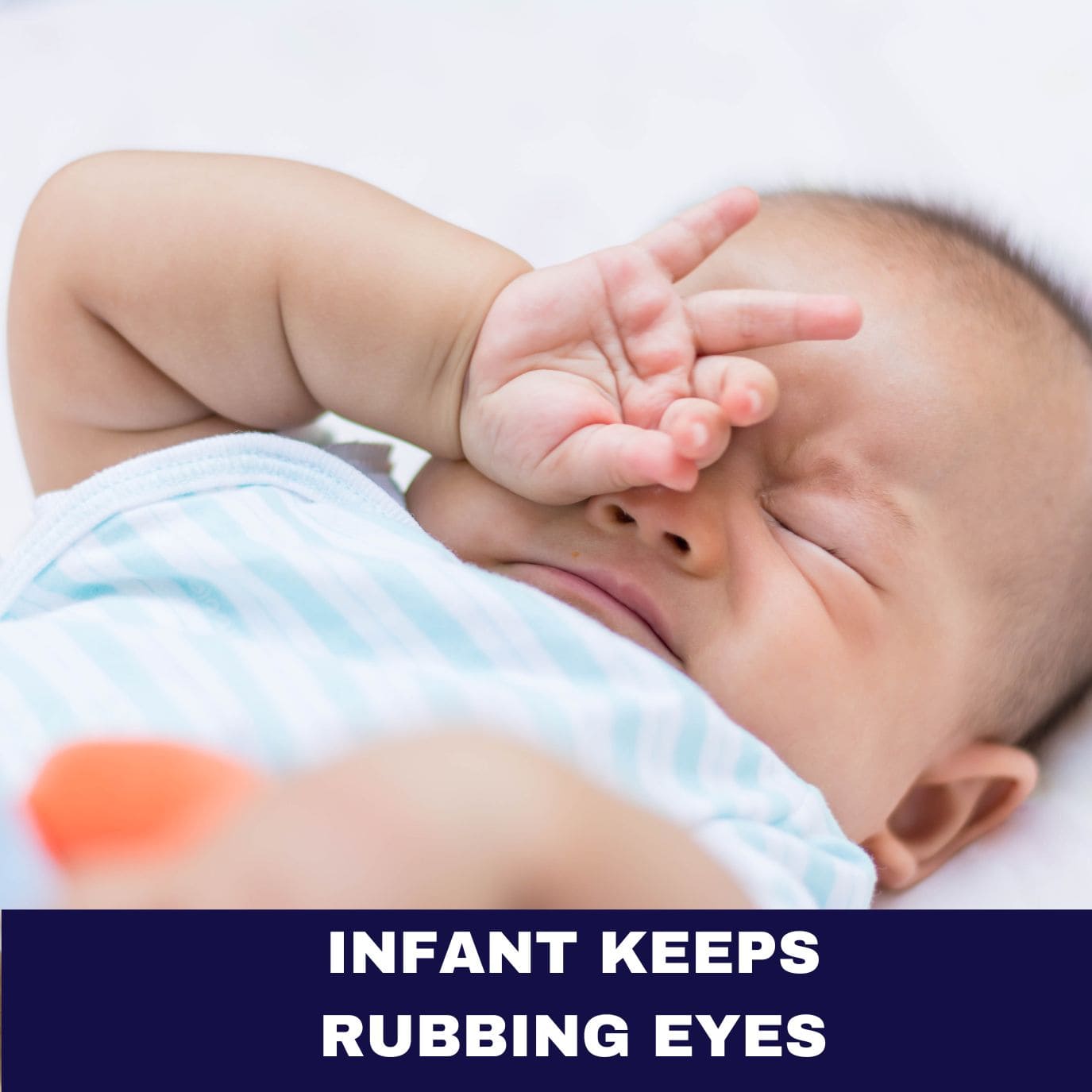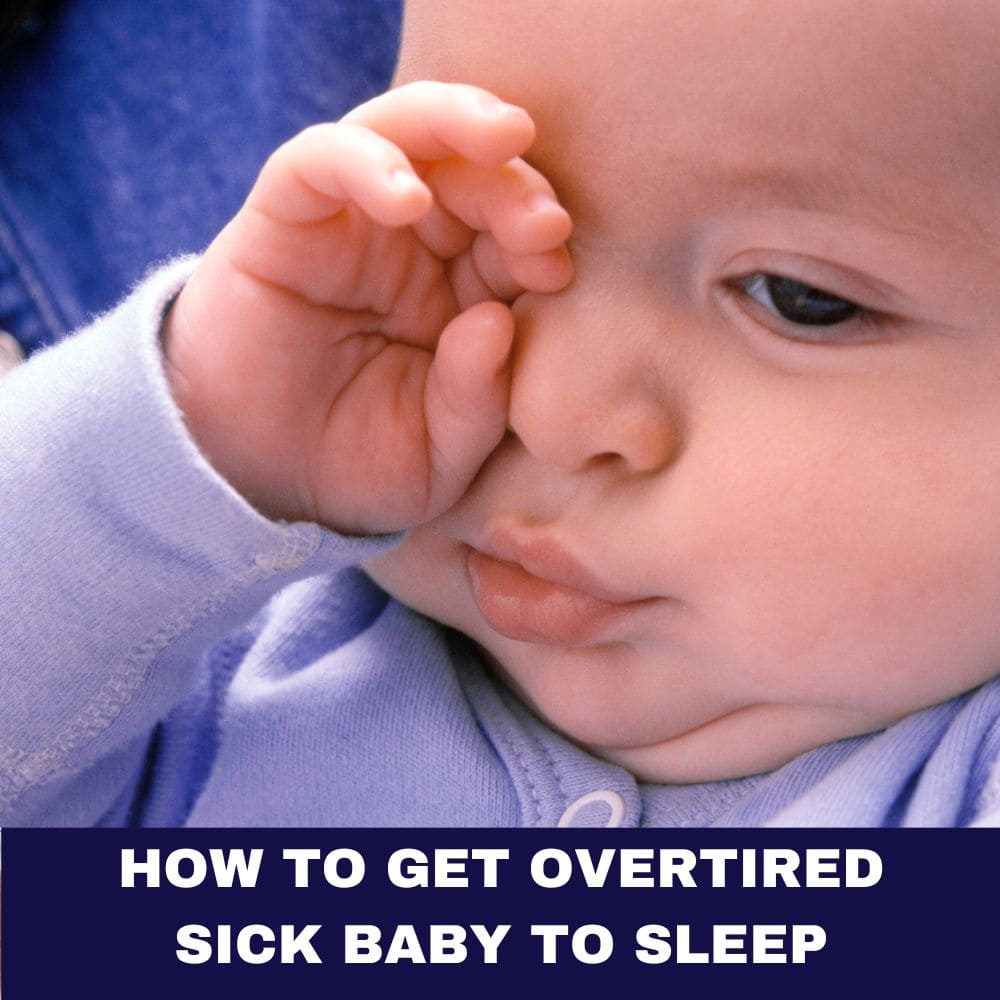As a parent, you’ve likely witnessed your once peaceful infant suddenly begin drumming their hands loudly on whatever surface is nearby – the floor, their highchair tray, the dog’s back. While seeing your baby banging hands on everything can be cute at first, the constant hand banging on everything quickly becomes less endearing. You may wonder if this baby hand movements phase is a sign of intelligence blossoming or an early trouble indicator. Let’s explore what it means, if it correlates to development when it starts and ends, how to curb excess pounding, safety concerns, and more.
What Does It Mean When a Baby Bangs Their Hands on Things?
Parents often notice babies aged 3 to 12 months old start slapping, hitting, and drumming their hands repeatedly. There are several common reasons for baby hand banging:
Discover Cause and Effect
Around 3-5 months old, babies realize blowing raspberries or swatting toys creates effects happen. Hitting surfaces produces noises and sensations baby finds interesting. Making things react builds core cognitive abilities.
Relieve Frustration
Between 5-8 months old, infants feel desires but can’t communicate them. Hitting while fussing may release tension related to needs like hunger, tiredness, or a soiled diaper.
Gain Attention
6-12 month olds know noisy baby hand clapping draws your eyes their way. Set limits on getting attention through disruptive hitting versus peaceful playing.
Self-Soothe
The rhythmic nature and sensory input of baby hand banging can actually be soothing for some babies versus worrisome. Consider timing and emotional state.
Explore Environments
The world is brand new and hands are a baby’s tools to manipulate surroundings. Baby hand banging helps young infants actively investigate how objects work.
So while hitting everything in sight trying your patience, it also signals cognitive growth. The key is redirecting your little drummer at appropriate times.
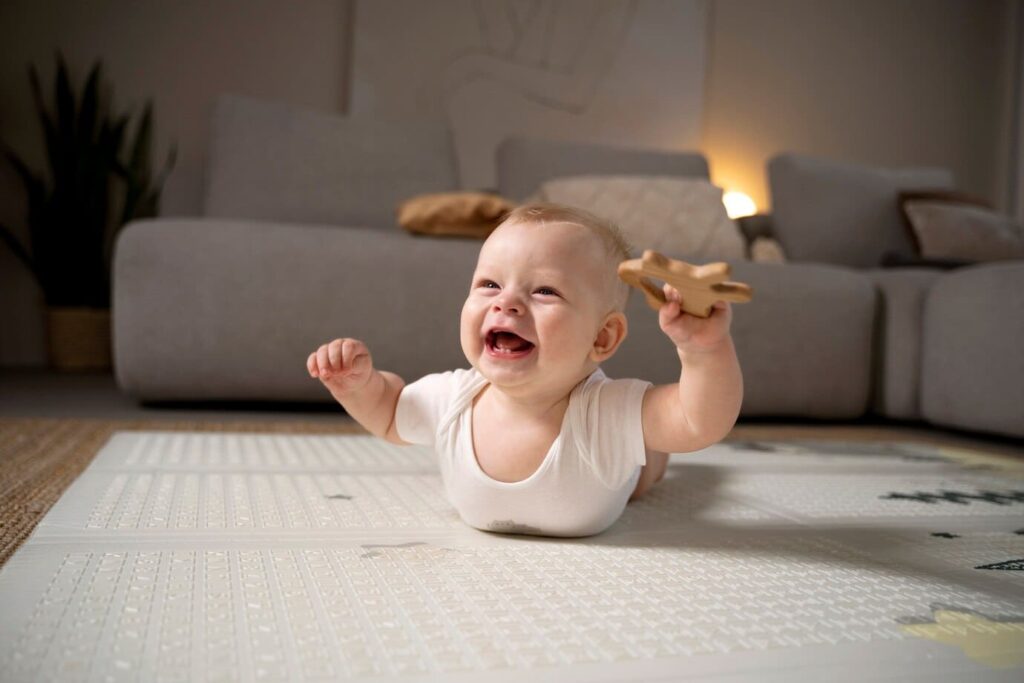
Is Hitting Things a Sign of Intelligence in Babies?
According to multiple studies, babies who begin banging items earlier and more persistently do tend to hit key cognitive milestones like cause-effect understanding, problem solving, hand-eye coordination, and spatial awareness faster too.
However, not all prolific pounders turn out to be brainiacs. And some less demonstrative babies experience normal development. As with any skill, a range of individual variation occurs even as research notes a correlation between exploratory baby hand banging and cognitive gains.
So enjoy it as a sign your baby is mentally curious without assuming high intelligence yet. Their intellectual path has just begun unfolding in their own unique way.
At What Age Do Babies Commonly Start Banging Hands?
While every baby follows their own developmental timeline, most infants display the first signs of hand banging between:
- 3-6 Months: Swipes surface in limited motions
- 6-9 Months: Begins actively slapping, hitting harder
- 9-12 Months: Pounds objects together rhythmically
You may not even notice subtle initial experimenting but louder, rapid-fire drumming is hard to miss! Typically, hitting in earnest lasts 6 months until their mobility takes over. It peaks from 8 to 10 months old for many babies.
Knowing common banging age ranges helps you anticipate and properly baby-proof instead of being caught off guard!
How to Redirect a Baby from Constantly Hitting Everything
While some banging promotes healthy learning, excessive pounding gets exhausting. Try these tips to curb over-stimulating percussion:
Shift Focus – Divert their attention to new toys or books when hitting ramps ups.
Limit Access – Only allow access to banging in empty bins or non-breakables like plastic containers. Remove temptation.
Teach Gentle – Demonstrate patting gently yourself. Say “Gentle” and remove baby’s hand if pounding gets too hard.
Provide Alternatives – Supply safe items specifically made for hitting like drums or soft squeaky hammers.
Making expectations clear combined with distracting and acceptable pounding outlets helps minimize excessive banging over time.
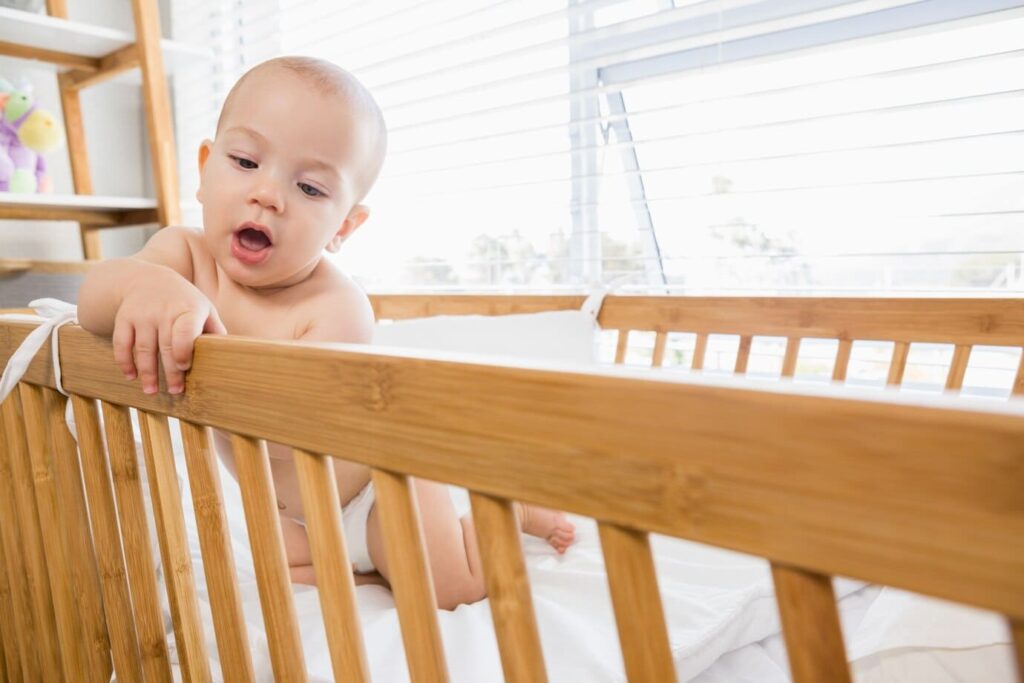
When to Worry About Aggressive Hitting in Older Babies
While brief episodes of toy-throwing or surface-pounding are developmentally normal for younger babies still gaining coordination, consistent or aggressive hitting lasting beyond 12 months often stems from deeper issues.
Signs hitting may indicate concerning anger or self-regulation problems versus fleeting frustration include if your baby or toddler often:
- Hits with intense force – enough to damage property or cause harm
- Shows no remorse after striking people or pets
- Laughs or seems pleased after hitting
- Hits the same person or animal repeatedly
- Doesn’t respond to redirection attempts away from hitting
Schedule an pediatrician assessment if forceful hitting persists or worsens after age 1 to evaluate root causes like communication struggles, neurodevelopmental lags, sensory disorders, or behavioral concerns requiring early intervention.
Safe Versus Unsafe Items for Baby Banging
While tapping on tables or slapping floors may work for drum practice, babies can damage unsafe items or hurt themselves without redirection. Remove access to:
- Glass objects
- Sharp table edges
- Heavy stability risks like TVs
- Items within reach if baby stands precariously
Provide baby-friendly alternatives:
- Plastic containers, lids, boxes
- Soft fabric balls
- Squishy toys that crinkle or squeak
- Baby-proof electronic drums or pianos
Also monitor for mouth access as some babies alternate between oral exploration and hitting newly discovered items.
Helping Baby Learn Not to Hit People
Even before walking, crawling infants can unexpectedly smack folks they bump into. While not malicious, it’s essential to teach not to hit early. Try:
- Saying “no hit” firmly after gentle strikes
- Removing baby from room for under one minute
- Demonstrating gentle patting of people and pets
- Praising them for appropriate touch
- Communicating underlying needs like hunger causing frustration
Avoid laughing or seeming amused by errant whacks making it rewarding. Use distraction and praise to reinforce considerate interactions with loved ones.
In conclusion, exploratory banging reaching full crescendo signals your baby is eagerly investigating their world, cause and effect, and their coordination abilities. It can indicate healthy development when done safely and in moderation. Set limits on intensity and unsafe activities while tolerating some drumming in appropriate places. If force concerns you or emerges later, seek guidance ensuring any aggression gets addressed early. Otherwise enjoy your baby’s newest form of purposeful play!
FAQs – Baby Banging Hands on Everything
What age do babies typically start banging their hands on objects?
Most babies begin banging behaviors between 3-9 months old. Subtle swiping of surfaces shows around 3-6 months. More intense slapping and hitting emerges between 6-9 months old. Rhythmic pounding objects together is common 9-12 months.
Is my baby’s hand banging disruptive behavior a sign they are gifted?
Research shows advanced cognitive abilities often correlate with earlier and more persistent exploratory banging due to curiosity. But not every avid hitter turns out exceptionally intellectually gifted. See it as a positive sign of mental engagement without making assumptions.
How can I teach my 8 month old to stop banging everything forcefully?
Use redirection, access limits, demonstrations of gentle touch, clear “no” statements, temporary removal from rooms, and providing appropriate banging outlets like drums/toy hammers to curb excessive force. Praise gentle hands.
If my 1 year old hits people, is that typical or concerning behavior?
While some mouthing or gentle grabbing of folks can be expected in curious toddlers, consistent or aggressive hitting of caregivers after 12 months old often indicates an underlying issue like frustration, neurodevelopmental lags, or sensory regulation problems requiring assessment.
What household items should I avoid letting my baby bang on?
Remove access to anything glass or sharp edged which could break or cut them. Also keep them away from heavy items at risk of falling over like TVs, especially if pulling up to stand. Provide safe plastic containers, lids, and balls for drumming instead while supervising.

